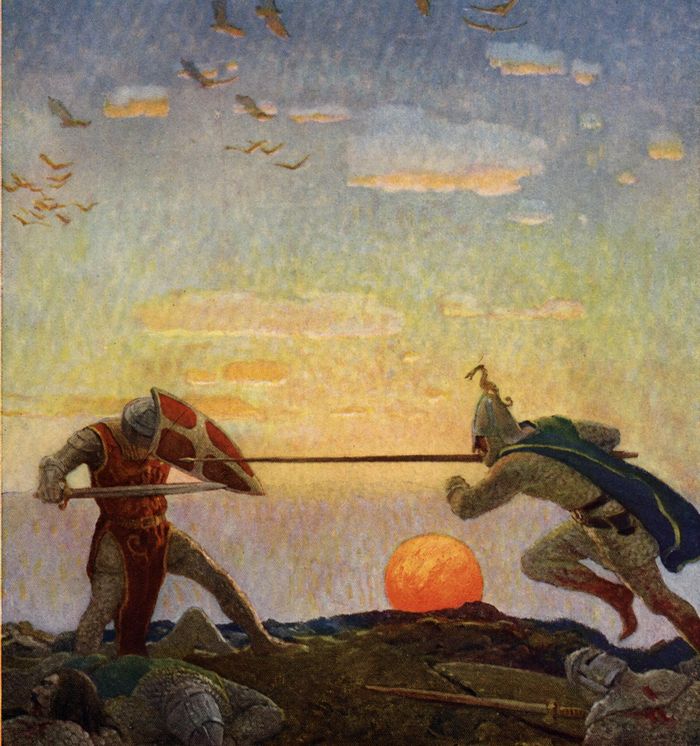And as for his acumen, that was proved by the profits he made; by the clever ways in which he saved labour; by the successful and yet economical basis on which he ran his estates; by the way he produced things from nothing, with their qualities already developed, like the Creator in the beginning of the world; by the way he forestalled the seasons in the development of his crops; by the ingenious inventions which enabled him to dispense with farm-workers; by the miracles of improvisation he performed, so wonderful that most people could not believe their own eyes when they saw a field today, where yesterday they had seen a flat plain, and two days ago a hill.
176. When I make statements like that, I am using my arts of rhetoric and persuasion only to a minimum degree. If one were willing to bring into play the full force of one’s powers of argument, it would be possible to convince any intelligent audience of anything. To me, however, such feats are not to be commended — I loathe the kind of clever dialectic that perverts the truth.
Centre of an empire’s government
177. My object in this history is to stick to the truth, and, in my opinion, these trifles are absolutely inconsistent with Constantine’s good qualities. So was his puerile infatuation for an extremely callow and foolish youth who, a year before, had near used pen and ink, a guttersnipe promoted to the centre of an empire’s government Such an influence did this scoundrel exert over Constantine that he almost put in his hands supreme power.
He used to call him ‘his sweet boy’, and made him a leading member of the Senate. The ‘sweet boy’ was in reality a thorough rascal and good-for-nothing, but the emperor looked upon his every word and deed as divinely inspired. I will explain the reason for this sudden affection and for the youth’s promotion, but first I must go back to, events that happened before he obtained this power.
178. When Constantine acceded to the imperial throne, he thought the time had come for a rest, like a man who has reached harbour after a long sea-voyage. So he handed over the administration of the empire to someone else. The gentleman in question was of noble birth, a first-class scholar, a practised and witty speaker in all departments of oratory, and an experienced politician.**140 In addition to his study of rhetoric (an art on which he conferred greater distinction because of his unusual powers of persuasion), he had applied himself to civil law. This versatility enabled him to express in clear language the difficult points of legal interpretation. He had the ability to shed new light on any given law. Moreover, Providence had endowed him with an intelligence that was remarkably practical, with the result that he was most admirably adapted, by training and nature, to the intricate task of conducting public affairs.
Read More about Zoe and Theodora part 40








